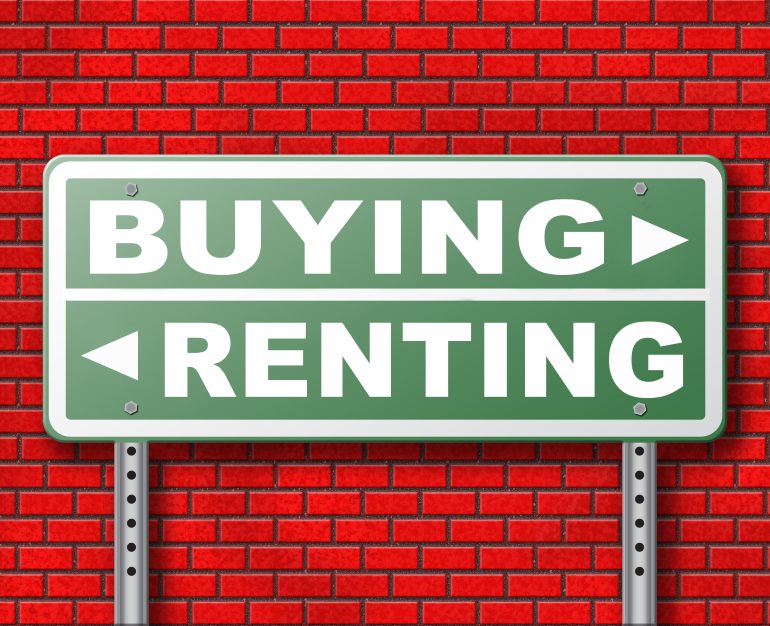If the Dutch housing market were a modern-day drama, Shakespeare’s Hamlet would enter the stage, pause for a moment, raise his head, and solemnly utter: “To rent or to buy, that is the question”.
Unfortunately, the Dutch real estate market is not a theatre production and is a real drama for millions who are seeking a home. However, the question is key to understanding the market for banks and policy makers. In 2021, the Dutch Bank (DNB) hosted an inquiry as part of its annual DNB Household Survey, to measure whether people preferred owning or renting a home. A total of 2,413 panel members participated in the survey, which asked participants, firstly, if they wanted to buy or rent a property – if factors like monthly costs, down payments, etc. would not play a role – and two, if they would they be willing to pay extra for their own home or a rental.
In early September 2023 the results were published, indicating that without financial differences, 56% of Dutch residents preferred owning their own home, while 21% prefer to rent. The survey suggests that in the current housing market there is a demand for both owner-occupied homes as well as rental properties. However, the survey reveals that there are many shades of grey in the housing market. In the group of homeowners, for example, 14% would prefer to rent for the same amount, while among the renters there was more preference to buy a home. For tenants in the social housing market, 31% preferred to buy their own home, while in the private sector a whopping 49% wanted to purchase a home.
In the current housing market, this should not come as a surprise. Dutch homeowners benefit with monthly tax deductions on their mortgage costs, as well as home equity values, and the general costs for owner-occupied homes are lower than for rental properties in the private sector. Tenants in the social sector may be entitled to housing allowance and can rent from housing associations with rents that are lower than the market level.
In the survey, the age group of the participants played an important role. For example, young people prefer to buy a house for themselves, and are usually willing to take on more monthly costs for home ownership, while older people in general are more willing to rent, even if it would be more expensive, as they prefer to live in smaller homes that are located on the ground floor and more accessible. The survey also revealed that in urban areas, people preferred renting. In general, men and people with a higher education preferred buying to renting.
Tipping point
Regardless of the cost differences, 16% of renters and 26% of buyers would continue in their current situation. DNB concluded that the survey incorporated several ‘tipping point’ situations. For example, renters were asked whether, if buying a home was 7.5% more expensive than renting, would they still continue to rent? A rise of 7.5% was the tipping point for 45% of the people in the survey who said they would buy. If renting became 7.5% more expensive, 32% of the renters would continue to rent. In fact, in the survey, the real tipping point was within ‘a range of 15 percent’.
Despite the insights from the survey about people’s preferences, many of the respondents in the survey found it difficult to make a choice without being influenced by the high prices of the housing market and the difficulty of getting a mortgage. According to the survey, 1.8 million are in a mismatched situation: either tenants who want to buy or owners who prefer to rent. Much like Hamlet, those on the Dutch real estate market right now have their hands tied and can do nothing.
Written by Benjamin B.Roberts
